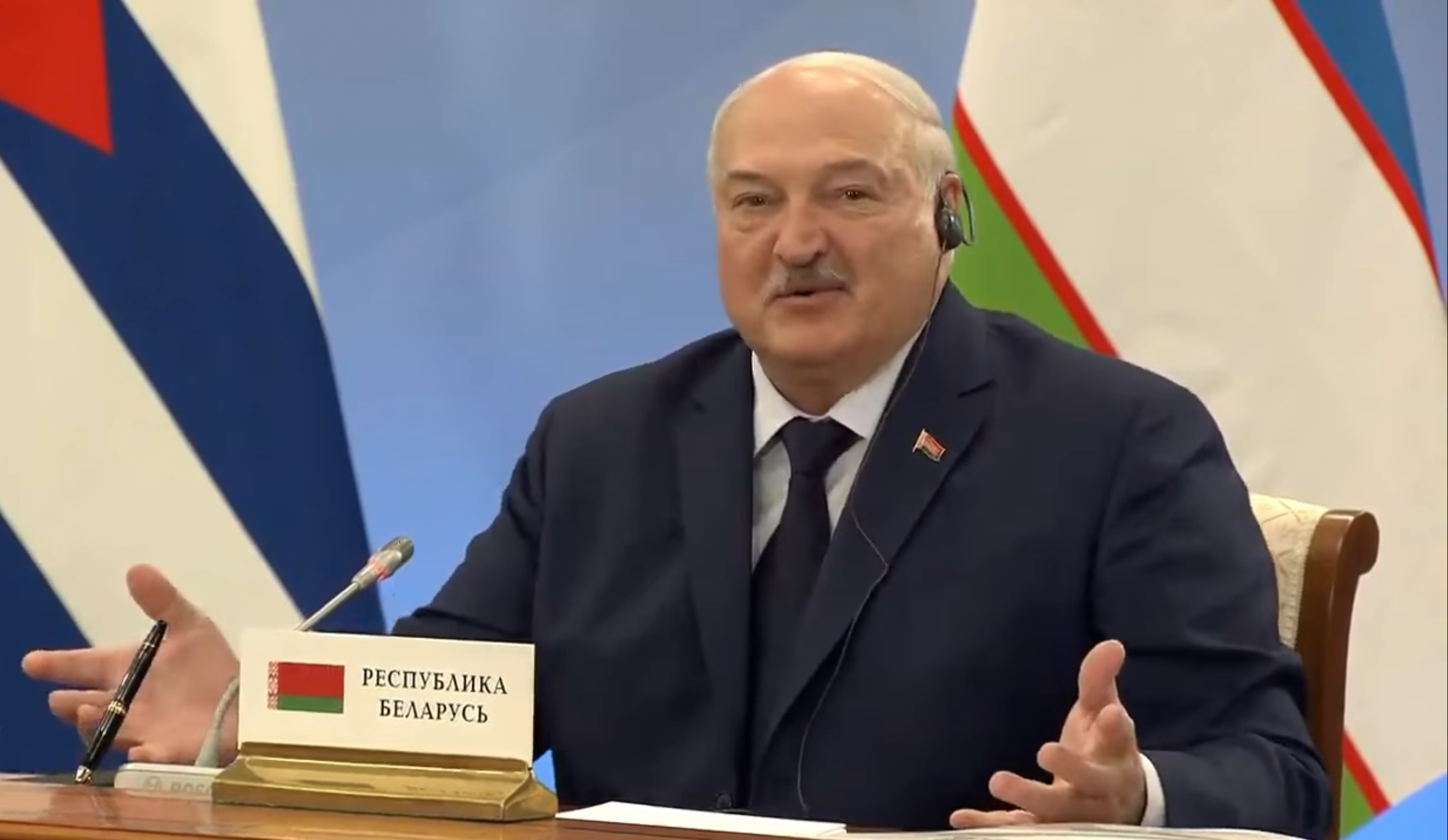At the recent meeting of the Eurasian Economic Union (EAEU) in St. Petersburg, Belarusian President Alexander Lukashenko and Armenian Prime Minister Nikol Pashinyan found themselves in a heated exchange over the location of the next Supreme Economic Council meeting.

Tensions flared when Lukashenko proposed holding the summer meeting in May 2025 in Minsk, with the added suggestion of combining it with the Eurasian Economic Forum. Pashinyan, however, indicated that his delegation would participate via video conference, sparking a sarcastic response from Lukashenko, who offered to arrange transportation for the Armenian delegation if necessary.
“Thank you, Alexander Grigoryevich. I just want to clarify that we do not object to holding a meeting of the EU Supreme Economic Council in Minsk. But I want to say in advance that our delegation will take part in the meeting via video conference,” Pashinyan.
Tensions between Lukashenko and Pashinyan escalated when the Belarusian president questioned the practicality of Pashinyan’s stance, asking if Minsk was too far or if there were transportation issues preventing in-person participation.
The comment triggered an immediate and pointed retort from Lukashenko: “What’s the problem? What’s your problem? Is Minsk far away? Or is there no one to give you a ride? But we will organize the delivery of your delegation, if necessary.”

Pashinyan responded firmly, stating that his position had already been publicly made clear and rejecting further debate on the matter.
Pashinyan, clearly frustrated by the remark, replied, “Alexander Grigorievich, I made a public statement on this matter. And this statement remains in force. I do not think that this is the right format to discuss these issues.”
The debate was part of a larger discussion at the summit, which also saw remarks from other leaders including Russian President Vladimir Putin, who highlighted the consensus achieved on various issues. Uzbek President Shavkat Mirziyoyev delivered a speech emphasizing Uzbekistan's growing cooperation with the EAEU, notably in areas like trade, agriculture, and digital technologies.

Lukashenko attempted to dismiss the disagreement with a comment about the lack of TV in Minsk, further exacerbating the tension.
“I understand that you may also have problems with your TVs. I understand and I relate to this,” Pashinyan added.
Despite the tension between the two leaders, the meeting concluded with the signing of several key agreements, including protocols on trade, customs transit, and the granting of observer status to Iran. Lukashenko also formally took over the chairmanship of the EAEU, with the customary transition speech, but notably did not discuss the main directions for Belarus's chairmanship, opting instead to send them in writing to other leaders.
In June, Armenian Prime Minister Nikol Pashinyan announced that no Armenian official would visit Belarus while President Lukashenko remains in power, in response to Lukashenko's remarks about the Karabakh conflict. During a visit to Azerbaijan in May, Lukashenko referred to Baku's actions as a "war for freedom," and claimed that a previous conversation led him to believe the war could be won. Pashinyan accused two CSTO members, including Belarus, of supporting Azerbaijan's preparations for the 44-day war. He suggested that relations within the CSTO could change if Belarus withdraws or if Lukashenko issues an apology to Armenia.
Follow Daryo's official Instagram and Twitter pages to keep current on world news.
Comments (0)